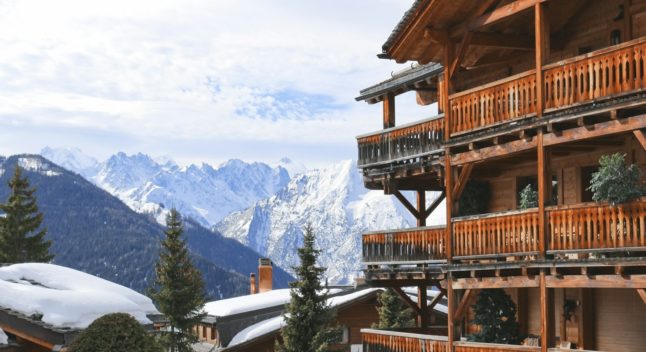After a breakdown in parliamentary negotiations, opposition parties and the centre-left Social Liberal (Radikale Venstre) have joined forces to block the government proposal from moving forward.
The opposing parties said in a statement that they want an intervention that will not negatively impact the value of existing housing, does not involve the state in financing renovations and does not affect cooperative housing [Danish: andelsboliger, ed.].
The opposition parties and the Social Liberals will seek to pass legislation to that end without government participation.
“We believe that such an intervention is realistic, and the Liberals, the Danish People's Party, the Social Liberals, the Conservative Party and Nye Borgelige (New Right) are therefore continuing the negotiations,” the parties wrote in a joint statement.
Together, the parties have 91 seats, enough to pass legislation in parliament.
A major obstacle in the negotiations was a proposed cooling-off period for rent increases, Ritzau writes.
The proposal would have meant that rents could not be increased due to renovations for seven years after a property has been sold. The intention of this was to prevent short-term speculation through buying a property, making renovations and then raising rents, generating a large return over a short time.
READ ALSO:
- Denmark to push back on high rents with law against housing speculators
- Blackstone to offer cheaper rents in hundreds of Copenhagen homes
- Explained: Who are Blackstone and what do they want with Denmark's rental properties?
New regulation proposed by the government would have revolved around section 5.2 of the Danish Housing Regulations Act (boligreguleringsloven). The clause allows landlords to significantly raise rents in pre-1992 properties if 250,000 kroner is invested in the apartment.
Liberal party housing spokesperson Heidi Bank said that Minister for Transport and Housing Kaare Dybvad had “simply failed to find a majority” for the government plan.
At a press briefing earlier on Wednesday, Dybvad said the cooling-off period was the only measure that could stop short-term speculation on the rental housing market.
“We disagree on the speculative block aimed at short-term investors. My job is to ensure this, so I can't make a deal without it,” Dybvad said.



 Please whitelist us to continue reading.
Please whitelist us to continue reading.
Member comments